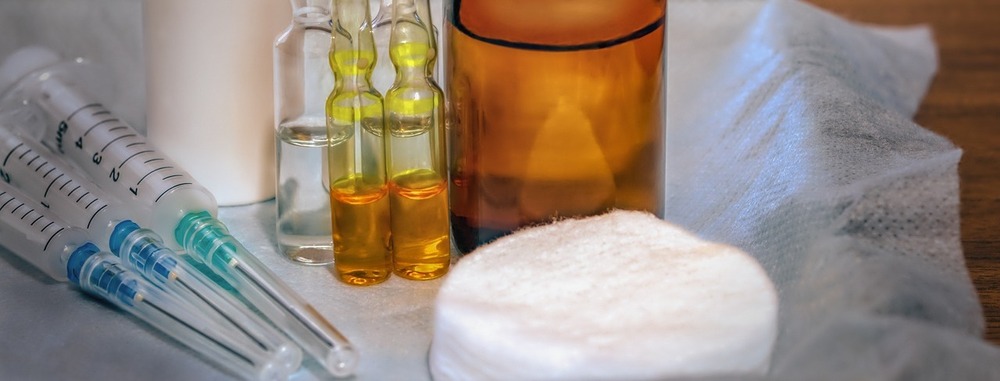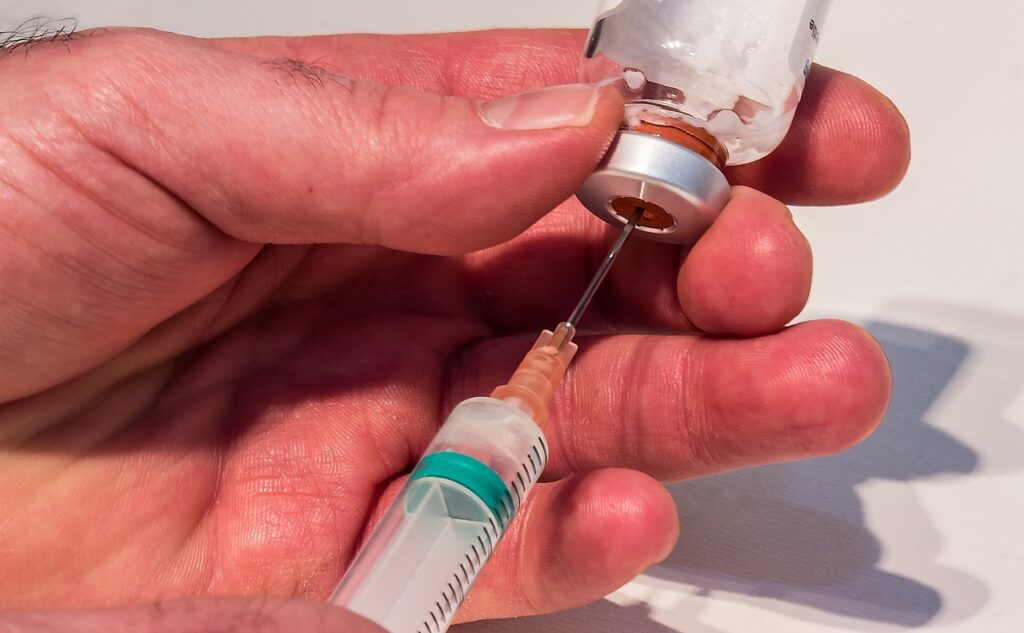The Vivitrol shot is a powerful tool in the fight against substance use disorders (SUDs), specifically for those struggling with alcohol dependence or opioid addiction.
This injectable medication, administered monthly, works by blocking the effects of alcohol and opioids in the brain. It helps reduce cravings, prevent relapse, and supports individuals in maintaining sobriety.
Designed to work as part of a comprehensive treatment plan that includes counseling and therapy, Vivitrol can be a game-changer for individuals committed to long-term recovery. Let’s explore how it works, its benefits, risks, and success rates.

What Does Vivitrol Do to the Body?
Vivitrol contains the active ingredient naltrexone, which acts as an opioid antagonist.
This means it binds to opioid receptors in the brain without activating them, effectively blocking the euphoric and sedative effects of opioids and alcohol. Here’s how it impacts the body:
- For Alcohol Addiction:
Vivitrol reduces the release of endorphins when alcohol is consumed, decreasing the “reward” feeling associated with drinking. Over time, this helps break the cycle of addiction. - For Opioid Addiction:
By attaching to opioid receptors, Vivitrol prevents opioids from interacting with these receptors. This eliminates the high associated with opioids, reducing cravings and making relapse less likely. - Overall Effect:
Vivitrol helps restore balance to brain chemistry disrupted by substance abuse. While it does not eliminate withdrawal symptoms, it plays a significant role in managing post-detox cravings and preventing relapse.
What is the Success Rate of the Vivitrol Shot?
Clinical studies highlight the effectiveness of Vivitrol in supporting recovery from substance use disorders.
- Alcohol Addiction:
Research shows individuals using Vivitrol experience a 25% reduction in heavy drinking days compared to those receiving a placebo. Combined with therapy, Vivitrol significantly increases the likelihood of sustained sobriety. - Opioid Addiction:
Vivitrol has been shown to keep individuals opioid-free for 90% of the weeks during a six-month treatment period. Compared to placebo groups, Vivitrol users are 17 times less likely to relapse.
It’s important to note that success depends on combining Vivitrol with behavioral therapy, counseling, and strong support systems.
The medication is not a standalone cure but a vital component of a comprehensive treatment plan.

What Does Vivitrol Test Positive For?
Vivitrol does not cause positive results on standard drug tests, as it is not a controlled substance or an opioid. However, it’s crucial for individuals undergoing treatment to inform healthcare providers and testing facilities about their use of Vivitrol.
The medication’s effects on opioid receptors may interfere with certain tests, making accurate interpretation essential.
What Are the Risks of Taking Vivitrol?
While Vivitrol is generally well-tolerated, it does carry potential risks and side effects. These include:
Common Side Effects
- Injection site reactions (pain, swelling, or redness)
- Nausea
- Fatigue
- Headache
- Dizziness
- Decreased appetite
Serious Risks
- Injection Site Reactions:
Severe reactions such as tissue death may require surgical intervention. - Liver Damage:
Vivitrol can cause liver inflammation or damage, so regular liver function tests are recommended. - Opioid Sensitivity:
After Vivitrol treatment, individuals may be more sensitive to opioids, increasing the risk of overdose if relapse occurs. - Precipitated Withdrawal:
If opioids are still in the system, Vivitrol can cause sudden and severe withdrawal symptoms. Patients must detox completely (7-14 days opioid-free) before starting Vivitrol. - Depression or Suicidal Thoughts:
Rare but serious mood changes have been reported. Individuals should seek immediate medical attention if they experience these symptoms.
How is Vivitrol Administered?
Vivitrol is given as an intramuscular injection, typically into the buttocks, once a month. The injection is administered by a healthcare provider and is not available for at-home use.
To start treatment:
- Detox:
Patients must abstain from opioids for at least 7-14 days to avoid precipitated withdrawal. - Screening and Assessment:
A thorough medical evaluation ensures the patient is a good candidate for Vivitrol. This includes liver function tests and screening for contraindications. - Treatment Plan:
Vivitrol is most effective when combined with therapy, counseling, and peer support groups.
Who is Vivitrol Best For?
Vivitrol is an excellent choice for individuals who:
- Have completed detox from alcohol or opioids
- Are highly motivated to maintain abstinence
- Prefer a non-addictive, long-acting medication
- Have struggled with daily medication adherence in the past

The CMAR Vivitrol Treatment Program
At Colorado Medication Assisted Recovery (CMAR), we provide a comprehensive Vivitrol treatment program to support individuals recovering from opioid and alcohol dependence.
As Colorado’s only licensed outpatient addiction treatment center with integrated medical, clinical, and pharmaceutical services, we offer a personalized, evidence-based approach to medication-assisted treatment (MAT).
Why Choose CMAR’s Vivitrol Program?
- Comprehensive MAT Approach: Vivitrol combined with therapy, counseling, and peer support.
- Outpatient Flexibility: Receive treatment while maintaining daily responsibilities.
- Craving & Relapse Prevention: Vivitrol blocks opioid and alcohol effects, reducing urges.
- Personalized Treatment Plans: Tailored care to fit each individual’s recovery needs.
- Licensed & Experienced Team: Expert clinicians providing compassionate, effective care.
Take the next step toward lasting recovery with CMAR’s outpatient Vivitrol program. Call (855) 454-4003 to get started today.


















